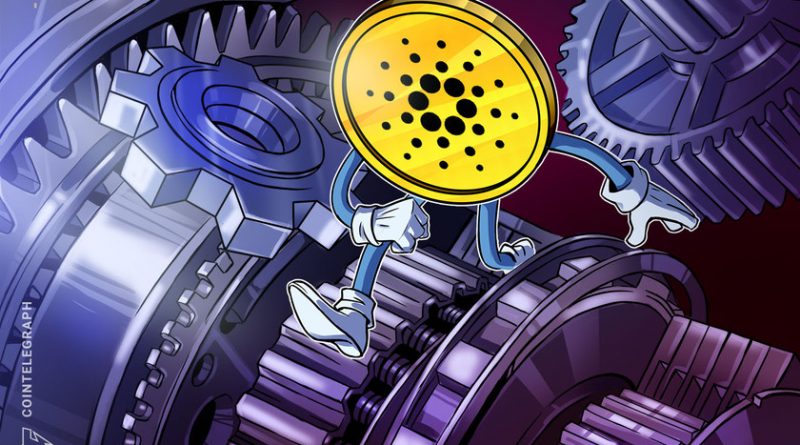Cardano’s real competition is not who you’d expect, says new Cardano Foundation CEO
Hint: It’s not a blockchain company.
Frederik Gregaard, the incoming CEO of the Cardano Foundation, shared with Cointelegraph his perspective on fintech’s competitive landscape and major technology trends.
Discussing competition, Gregaard said that the protocol’s biggest opponents do not come from within the blockchain space:
“I think the biggest competitor, it’s really the largest technology companies today around, the large tech platforms such as Google, Amazon, Tencent, Alibaba, those kind of players”.
Gregaard believes that social-media-based big technology providers have morphed from supplying their customers with meaningful tools to essentially owning and manipulating their users. He went so far as to call them “an addictive, mental, manipulative technology environment — that is where social media is. It’s not just a tool waiting to be used, it has its own goals.”
In his view, distributed technology represents the opposite of that, with Blockchain enabling users to wrestle back control of their data and identity:
“You don’t really feel today what’s actually happening on the Internet. But everything you do is being monetized. And what is being populated in front of you right now is slowly moving you towards a certain direction. And I think when society figures out that nothing in this world is free, they suddenly end up with the blockchain.”
In Gregaard’s view, blockchain technology allows for the construction of a society where an individual does not need to trade their digital sovereignty for the services provided by technology companies. In addition to “liberating” individuals from tech giants, Gregaard feels that the mass adoption of blockchain technology may help bring the people of the world closer together.
He opined that in order to incite this level of change, major blockchain protocols like Cardano, Algorand and Tezos should put aside their differences and work together. Gregaard believes that the real danger is not that one of these platforms will lose to a competitor; it is that the blockchain space as a whole may otherwise never reach mass adoption:
“I think the market is super-big. And if we start fighting about it, one or two companies, which technology stack are they choosing to do that DApps on? I think we are missing the boat. We need to start looking much like the whole population and the whole economic system: how do we build that?”
Gregaard admitted that the odds may be stacked against decentralized disruptors. Tech giants have trillions of dollars at their disposal, and he said “there’s a big chance that we won’t get there.” Still, Gregaard believes that the technology Cardano is building is powerful enough to stand a fighting chance.



